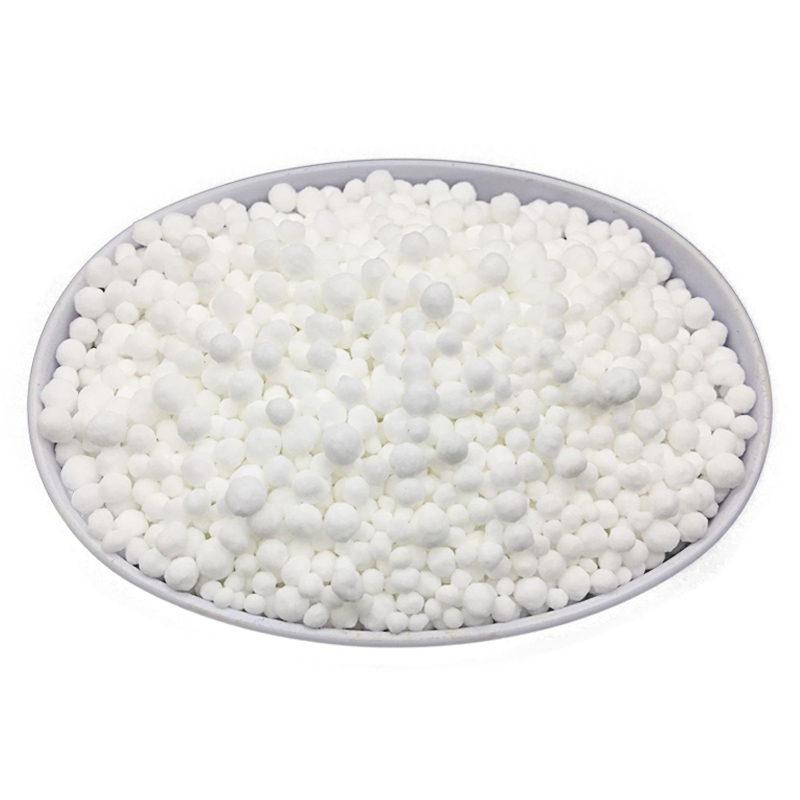
Nov . 25, 2024 12:31 Back to list
white potash fertilizer
Understanding White Potash Fertilizer Benefits and Applications
Fertilizers play a crucial role in modern agriculture, enabling farmers to enhance soil fertility and improve crop yields. Among various fertilizers available, white potash, known scientifically as potassium chloride (KCl), is one of the most widely used forms of potassium fertilizer. Its significance lies not only in its nutrient content but also in its ability to improve crop quality and sustainability in agricultural practices.
Composition and Characteristics
White potash fertilizer typically appears as a white crystalline substance, making it easily identifiable. It contains around 60% potassium oxide (K2O), making it a concentrated source of potassium, an essential nutrient needed for plant growth. Potassium is pivotal in numerous physiological processes within plants, including photosynthesis, enzyme activation, and water regulation. A deficiency in potassium can lead to various plant health issues, including poor root development, reduced fruit quality, and increased susceptibility to diseases.
Benefits of White Potash Fertilizer
1. Enhanced Crop Growth The primary benefit of white potash fertilizer is its ability to stimulate plant growth. Potassium helps in the development of strong stems and roots, enabling plants to withstand environmental stresses such as drought.
2. Improved Fruit Quality White potash is known to enhance the quality of fruits and vegetables. It contributes to better taste, color, size, and shelf-life, which are critical factors for marketability and consumer satisfaction.
3. Disease Resistance Adequate potassium levels in plants can improve their resistance to diseases. It plays a key role in the formation of plant cell walls and enhances overall plant health, making crops less vulnerable to pathogens.
4. Water Regulation Potassium is vital for the regulation of water within plants. It helps in the opening and closing of stomata, which are crucial for transpiration and gas exchange. This function is particularly important in areas prone to water stress.
5. Soil Health Applying white potash fertilizer contributes to soil health by promoting the growth of beneficial microorganisms. Healthy soil microbial activity enhances nutrient availability for plants and supports sustainable farming practices.
white potash fertilizer

Application Methods
The application of white potash fertilizer can be done through various methods
1. Broadcasting This method involves spreading the fertilizer evenly over the soil surface before planting. It is suitable for large fields and allows for uniform nutrient distribution.
2. Incorporation After broadcasting, the fertilizer can be mixed into the topsoil to ensure that it becomes available to plant roots.
3. Banding This technique places the fertilizer in bands near the root zone of the plants. It minimizes nutrient loss and enhances uptake by the plants.
4. Foliar Feeding In some cases, white potash can be applied as a foliar spray, allowing for quick absorption through the leaves. This is particularly effective when there is a sudden deficiency in potassium.
Considerations for Use
When applying white potash fertilizer, it is essential to consider soil tests and nutrient requirements specific to the crops being grown. Over-application can lead to nutrient imbalances and environmental issues, such as leaching into water bodies. Therefore, precision in application rates is vital for maximizing benefits while minimizing potential harm.
Conclusion
White potash fertilizer represents a valuable resource in agricultural production, providing essential potassium to crops and supporting overall plant health. Its benefits extend beyond mere yield increases, enhancing fruit quality, resistance to diseases, and overall sustainability in farming practices. As the challenges of food production continue to grow amidst changing climate conditions, understanding and using fertilizers like white potash will be critical in developing resilient agricultural systems that can meet global demands.
-
10 10 10 Fertilizer Organic—Balanced NPK for All Plants
NewsJul.30,2025
-
Premium 10 10 10 Fertilizer Organic for Balanced Plant Growth
NewsJul.29,2025
-
Premium 10 10 10 Fertilizer Organic for Balanced Plant Growth
NewsJul.29,2025
-
Premium 10 10 10 Fertilizer Organic for Balanced Plant Growth
NewsJul.29,2025
-
50 Pound Bags of 13-13-13 Fertilizer for All Plants – Bulk & Organic Options
NewsJul.28,2025
-
High-Efficiency 15-30-15 Granular Fertilizer for Healthy Crops
NewsJul.28,2025
